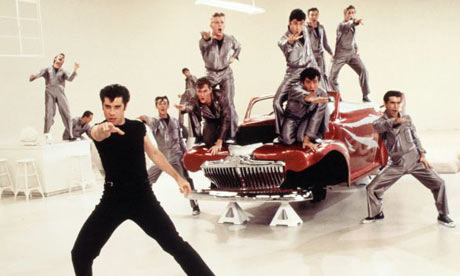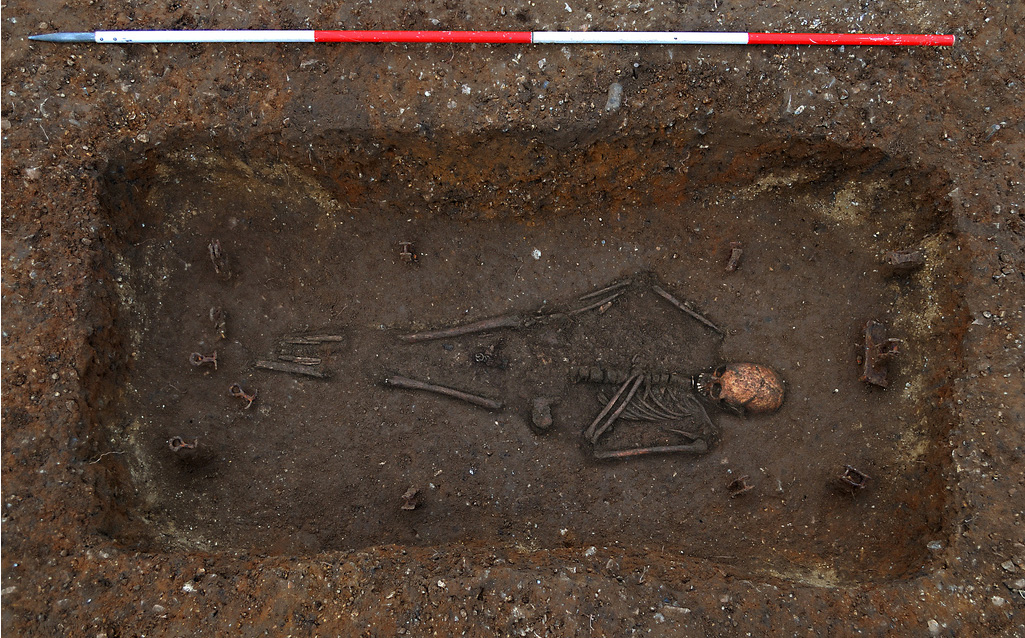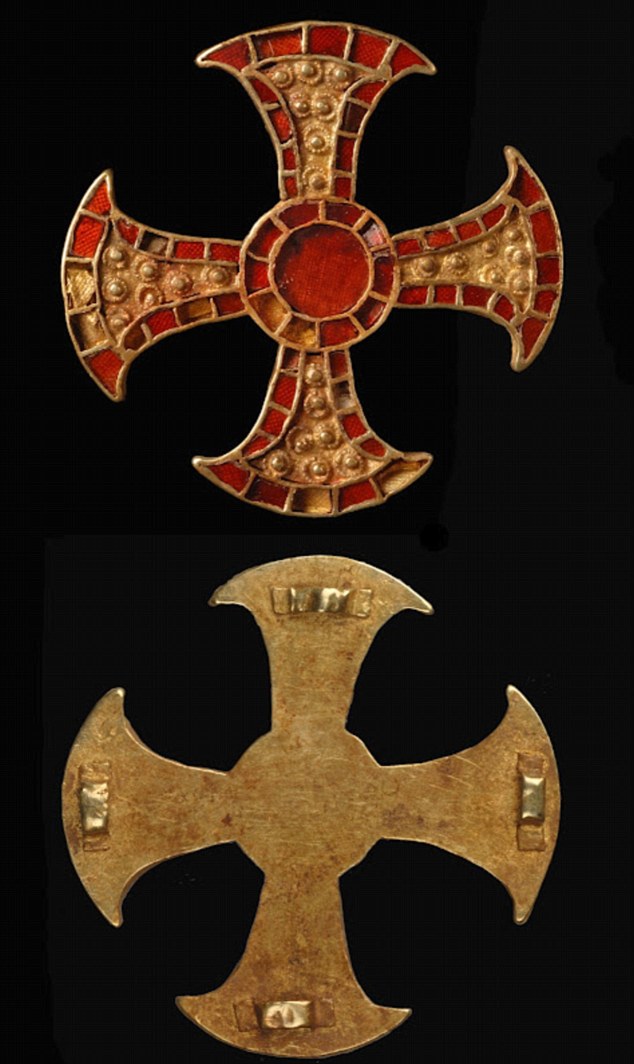Plot Summary
The Bad
The Good
Judgment
Closing
Introduction
This is a movie that no-one has been kind to. The critics listed at Rotten Tomatoes gave it just 2%, and audiences only 13%. It's quite a bit more reviled by the critics than last week's movie, so let's see just how hard it will be to redeem it.
What's terrible about this movie isn't hard to see, but, to know just what we're getting into let's try to objectively view the plot.
Back To Top
Plot Summary
It's the year 3000, and humanity has been suppressed for hundreds of years by an alien race known as the Psychlos. The movie begins with the wanderings of Johnny "Goodboy" Tyler (played by Barry Pepper), a man who's simply out and about trying to find something better.
While out wandering, Johnny is cornered and captured by the Psychlos. Eventually he's chosen by the head of security at the Psychlos Earth colony, Terl (John Travolta), for his gold-grabbing scheme. But in the process of preparing his selected group of humans for his secret job, Terl teaches Johnny too much.
With his curiosity fired up, Johnny begins to think dangerously and ultimately drives the remaining humans to organize a revolt. This revolt is a resounding success, resulting in the destruction of the Earth colony and even the Psychlos' home planet. Terl is then imprisoned and Johnny apparently leads humanity back to its old knowledge and technology. And, though the movie was designed to have a sequel, the story ends there.
Back To Top
The Bad
As you might have already noticed, the story itself is pretty problematic.
Why are humans being suppressed, for example?
The most obvious reason is that the Psychlos appear to be too busy draining earth of its resources to bother with wiping out what little humanity remains. This is a troubling issue since later in the movie we see a more advanced and learned race, the Chinkos, whom the Psychlos did wipe out. So there seems to be little reason for them to keep the few remaining humans alive except to toss them into prison. For some reason.
Slave labor could be a reason. But humans are deemed too stupid and senseless to be able to operate the machinery involved in mining and so even the thought of such a use is laughable to the Psychlos. While they laugh it up, you might well wonder why does an advance race still mine minerals using digging machines? If gutting planets is they're bread and butter haven't they developed something faster or automated?
Maybe the Psychlos are still hands-on when it comes to mining so that the they'll need humans to mine gold found in an irradiated area. The Psychlos being sensitive to radiation can't go there to mine it, and so Terl decides to try and get this gold for himself by sending a group of humans to mine it. This leads to the humans relearning what they've forgotten, striking back, and blowing things up before everyone lives happily ever after.
What's particularly striking about the plot is that it seems divided within itself. The first half of the movie is relatively slow for a film named "Battlefield Earth." It's not until the 50 minute mark that there's even any indication that the movie is about the humans' revolting against the Psychlos rather than Terl's socio-political woes with a side of human hijinx.
Stepping away from the plot before it falls and hurts someone, the next big foible of the filmmakers is how the movie is presented. Widescreen is fine. Good even, in some cases. But what's really annoying is the way that almost every shot in the movie is on an angle. Even more wearying is that every scene transition happens in the same way. A gradual outward wipe, like a curtain opening. Oh - except for the wipe that ends the movie. But I wouldn't want to spoil that doozy for you.
That just leaves the characters. The dialogue is nothing special. But the main characters, well, the way that they're framed is weak at best.
Our lead, Johnny, is the standard post-apocalyptic hero. Once he gets a taste of knowledge he just wants to get more and more. Then there's his love interest, Chrissie (Sabine Karsenti), who the screenwriters introduce and then appear to forget about for a good 45 minutes, is also standard fare - the strong willed woman who can do what she wants because she's "not a child anymore."
Speaking of the humans more generally, the biggest issue with them is that they pick things up too fast. They take to technology that they're supposed to have been away from for centuries like a fish takes to water. The writers and directors try to make it seem like these people are rediscovering things for the first time, but when your examples of this are things like people chewing on the word "warning" like it's something new and exciting it seems like there just wasn't a whole lot of effort put into it.
Granted, the bar that's being used as standard here was set by the Doctor Who serial The Face of Evil. In this serial the Doctor encounters two tribes of people - the Sevateam and the Tesh - who are the descendants of space explorers and who currently regard their technology with sheer religious and superstitious reverence and fear.
These reactions are present in the movie, and it does need to be given some credit for the scene where Johnny is going through the city with two others while they explain to him what happened with stories. But this nod to the basic human compulsion to explain things with stories never goes far enough.
If the first half of the movie is meant to set the humans up as believable people given their situation and the second half is meant to be the sweet tender action, then everything is overshadowed by at least two things.
First, Johnny's cry of despair when his unseen father dies a few minutes into the movie is the same as when his horse dies. Both of these happen in the first 12 minutes, and so we're not really allowed to care for either of them.
Second, John Travolta's Terl really steals the show.
Back To Top
The Good
Yes, Terl as played by John Travolta is one of the good things in this movie. Psychlo society might be a thinly veiled analogy for capitalism or profit-driven business practices, and a lot of their culture and behavior might seem too human to be alien, but they've got campy, scenery chewing John Travolta, by gum.
The way that Travolta overacts with his character is great. Everything he says is blown out of proportion - and made incredible as a result. Most memorable, perhaps, is his "while you were still learning how to spell your name, I was being trained to conquer galaxies." In fact, if you haven't heard this line, check it out right here:













